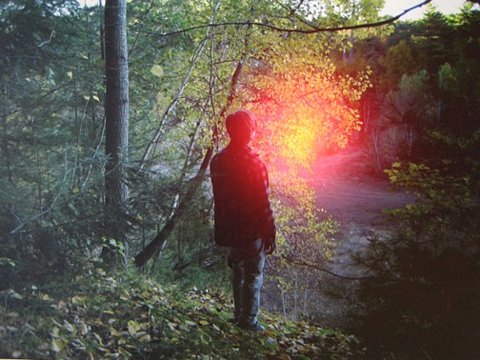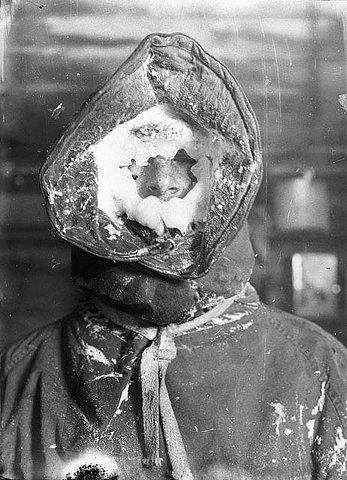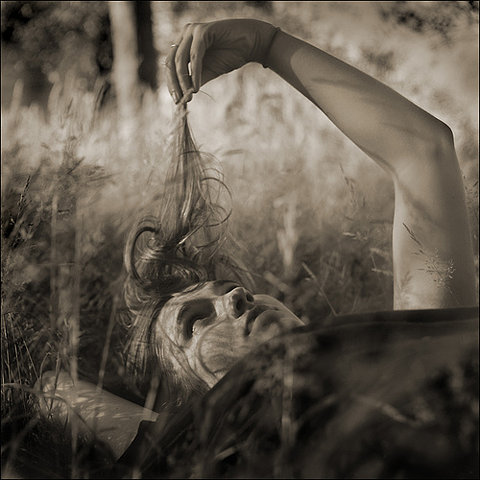Why are you here? It’s the question I want to ask everyone who sits on a cushion, or rolls out a yoga mat. The answers, when they come, are predictably fantastical. Perfect strangers open to reveal a dizzying array of emotional quicksand, family trials, terminal illness. Each story describes a turn, and perhaps the whole of practice is designed simply so that we can make the turns in our lives more elegantly, manage them with a little more grace. But almost invariably, the life that was supposed to happen, the beautiful and reliably banal things that were mine, all mine, are broken, and all of a sudden there is a turn, and after that turn nothing feels the same. We might experience many turns in a life, for some, just one is enough, and this moment when everything familiar has been snatched away is a powerful place to be. If you’re like me, you’ll run not walk back into every old habit you can clutch to your narrowing chest. But if the turn has really taken hold, the old habits don’t really work any more. The ice cream doesn’t taste like ice cream any more, even the new flavours leave you flat. And then there’s nothing left but to pull out your cushion and sit down and be quiet and get on with trying to be here. No more escapes. No more excuses. No more: I’ll get to that later.
Mark
His feet never seemed to quite hit the ground when he entered the room, blown in on some passing whim. He would greet me with a wave that came from the end of his scarf, and a “hiiii” that drawled the vowel so long we could both land on it. His name, which I glibly mispronounced for years without his ever once correcting it, was Mark Karbusicky. Mark was an editor and through six winters we sat together in the dark, sieving pictures through a computer, his large capable hands interfacing with the machine. I wasn’t able to see then the way his lightness was also a way of erasing every step, as if he were walking backwards through the snow with a broom, leaving no traces. Now you see me, now you don’t.
We made a portrait of my friend Tom, and then a collection of shorts which signed off with an extravagantly stuttering Porky Pig announcing, “Th-th-that’s all, folks.” Mark had a thing for these farm animals; like me, he was born in the year some Chinese folks mark with a pig. And I can’t help thinking about the old forehead reading woman who lives over the bun shop who warned me that every time the pig year rolled in — one in twelve — it would be time to face the music. To face what couldn’t be faced.
The year 2007 belonged to the pig, and despite all reasonable warnings I came to the cinema one April night with no sense of alarm. I think my whole life happens inside the movie theatre, every love and hope and failed dream lives and dies there. After settling into the frayed velvet seats, my friend Aleesa leaned close and said she had something to share when the curtain closed. Sure, why not? When the film was over she told me that Mark had hung himself with a dog leash. He was 35 years old.
Small Pictures
There had been no previous attempts, he left no note, there was no obvious reason why. Many were certain that there was a story to be told, that we had been granted only the last page. So where was the rest? Mark and I had spent many hours together mostly dodging the inclination to squeeze pictures into easily storied containers; we had both seen how darkness can spread slowly over a picture, making it impossible to see even what was right there in front of us. News from the Gaza Strip, from Ho Chi Minh City, the streets of Sarajevo. There are entire cities which are buried in layers of invisible pictures. Mark and I kept busy working with small pictures, bringing them back into our computer archive where they could be endlessly re-edited and keep our own secrets company. Sometimes we succeeded too well. In all those years, how many things had we never told each other, or admitted to ourselves?
He was a large man with a crooked beak of a nose and soft brown eyes that were better met when the light was low. They were so admitting they hurt to look at sometimes. The way he held himself shrank himself in stature, even when he was a hot breath away showing me, again and again, how to make the impossible work. His touch was so effortlessly light that it seemed like I was practically alone, figuring it all out by myself. It was an old magician’s trick he practiced, the fine art of disappearance.
As long as I’d known Mark he was always telling me, “No problem.” There were no problems which belonged to others that he wasn’t busy patching, mending, attaching himself to. Which made us wonder how someone who had spent his life in service should have left so little for himself. He was busy feeding feral cat colonies around the city. He organized rallies against animal testing, provided years of research and technical support for a weekly animal-rights radio program, working always with the poor and disadvantaged.
When he died I didn’t know who I was anymore. I went through the motions. I picked up my camera and went to his place and filmed the plate he had eaten dinner on. The couch he had sat on, the shirt he had tossed on the floor. I walked his dog, fed his cats, spoke to Mirha, his surviving partner. The recurring fantasy has me showing up at his door on the night in question and asking him to come out and help me. Mark could never refuse anyone who needed help. And then we would talk, and we would pass between us the perfect and unexpected sentences that would assure him he didn’t have to die.
We
I started going to a place uptown where you could sit on a rectangular pillow for an hour. Nobody talked. I loved that nobody talked. I loved coming to a room full of other people and nobody talked. We showed each other so much in that room, we were naked and large and beautiful and awful, and we never said a word. I rushed away after each sit. I held the small pieces of my friend in my hand. I got together with his friends and they cried into my camera and I replayed the high impact encounters and then I stole back to the room with the good light and the rectangular cushions and sat until the crying stopped. And then one day someone rolled out a yoga mat for me and I jumped on that too. It was OK because it wasn’t really me anymore.
Practice
I’m convinced now that my friend died because he didn’t have a practice. You can make a practice out of just about anything. There are talking practices, practices of how to walk into a room, how to sit in a chair, practices of friendship. This book lays out some yoga and Buddhist maps, some personal stories and as much sweetness as we could muster. We wanted to coat every page with flour so that when you stepped back into the world you would touch the front door or the face of your best friend, and you would leave a white dust glaze over everything. And they would say: oh, you’ve been reading that damn book again. The best people I’ve ever met are dead, and still there is such sweetness. Who will tell the stories? Who is left to practice?




